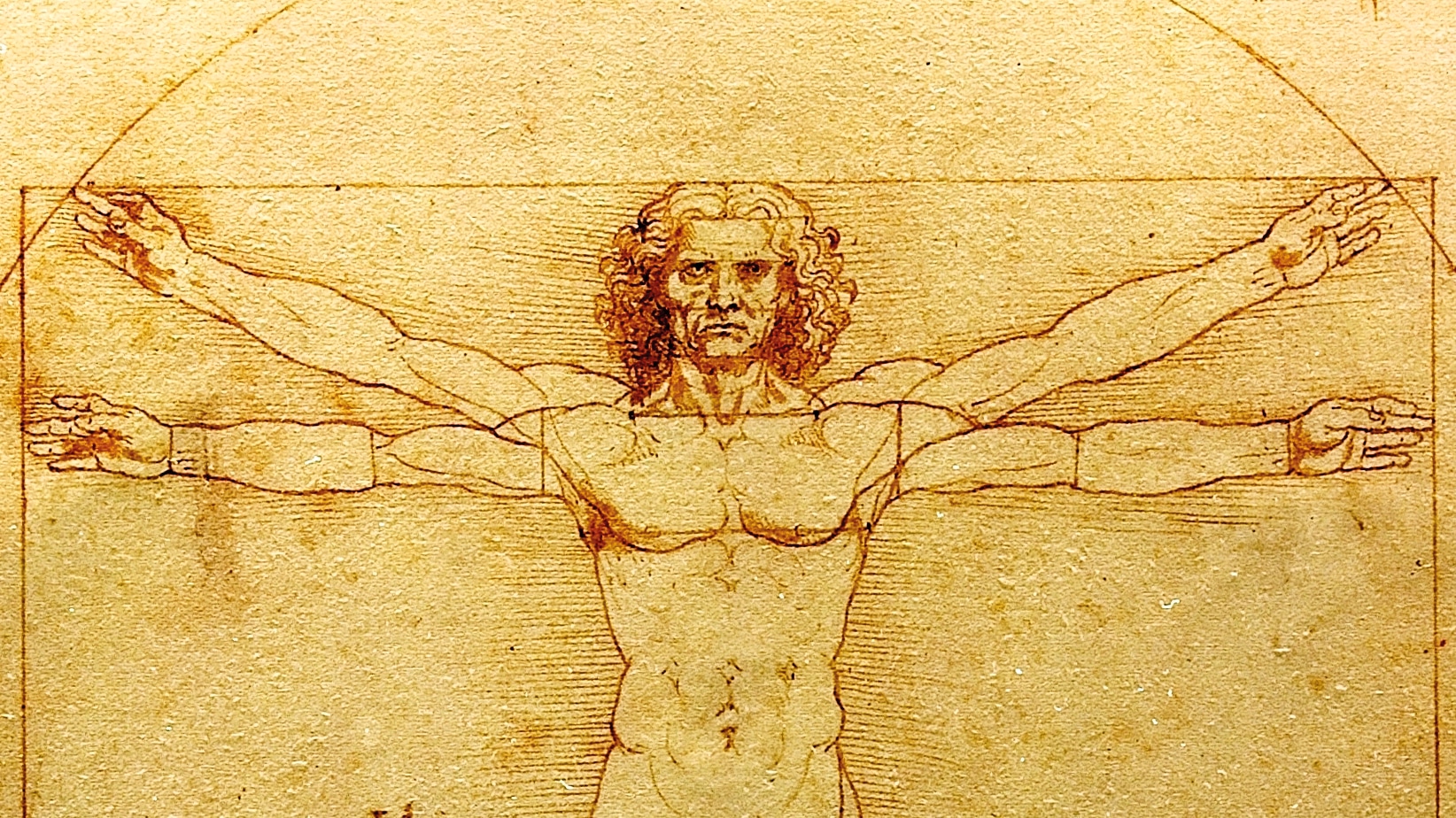The texts of the Old Testament face a challenging tension today: on the one hand, historical texts written by humans that follow the grammar of mythical thinking - on the other, their veneration and appreciation as the Word of God. But how can we still believe when we are aware of this tension? Our conference aims to provide an answer.
Programme of the event:
Friday, 10 January 2025
2.30 pm Greeting
2.40 pm
Mythical exploration of the world
How does mythical understanding of the world differ from other forms of understanding the world, such as the natural sciences? What does it achieve that other ways of understanding the world cannot? An introduction to the philosophy of Ernst Cassirer
Prof. Dr. Michael Bongardt
3.40 pm Coffee break
4.00 pm
Formulate the beginning of the story
Specific ideas about the beginning of history are typical of mythical thinking. What logic lies
ancient oriental and Old Testament creation stories
myths? How do they work?
Prof. Dr. Klaus Bieberstein
5.00 pm
Define the goal of the story
Equally typical of mythical thinking is that the goals of the
to define history. How are Old Testament,
early Jewish and early Christian statements about death,
explain the resurrection and the Last Judgement?
Prof. Dr. Klaus Bieberstein
6.00 pm Dinner
7.00 pm
Coding the centre
Equally characteristic of mythical thinking is a specific approach to space, which is particularly tangible in temple buildings and ancient interpretations. After all, no society can avoid negotiating and formulating what it considers unavailable,
is considered sacred and the opposite is relegated to the periphery.
banish. So how should temples be read?
Prof. Dr. Klaus Bieberstein
Saturday, 11 January 2025
9.00 a.m.
Myth, religion and truth
What is the relationship between myth and religion?
what claim to truth is associated with them
and what consequences can be drawn from this for our understanding of religion?
Prof. Dr. Michael Bongardt
10.30 a.m. Coffee break
11.00 a.m.
Exchange in discussion groups
After the presentations, there will be the opportunity to exchange ideas in discussion groups, with Mrs Janneck
will introduce new aspects to her group with the cult regulations of the Book of Leviticus as an expression of mythical world development.
Prof. Dr. Michael Bongardt, Prof. Dr. Klaus Bieberstein,
Lena JanneckM.A. and Simon SteinbergerM.A.
12.00 pm Balance sheet in plenary session
12.30 Uhr Mittagessen und Ende der Tagung
